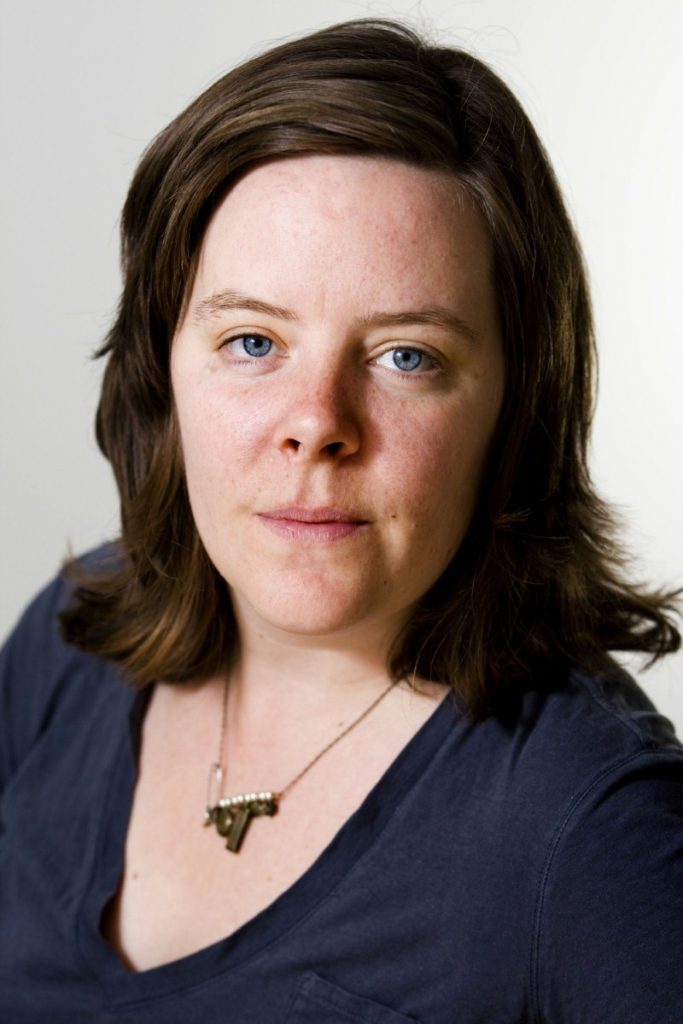Comment: Cameron finally discovers human rights – but it’s too little, too late
By Lucy Wake
As David Cameron arrives in Colombo today, fresh from a grilling in India about his choice to attend the Commonwealth head of government meeting (CHOGM) he seems to have found his voice at last on human rights concerns. But is his outcry about abuses in Sri Lanka too little too late?
Amnesty has been pressing the UK government for months on their strategy, or lack of it, to achieve tangible improvements in the current human rights crackdown going on in Sri Lanka which has seen journalists silenced, the independence of the judiciary compromised and activists and campaigners intimidated. All this against the backdrop of a complete lack of accountability for past crimes. No such strategy has been forthcoming and indeed, until very recently the UK government’s condemnation of their host country has been timid to say the least – just a faintly whispered promise to speak up. Just as well, then, that the condemnation has crescendoed as we approach the summit.
At the eleventh hour, presumably after he’d got round to watching Callum Macrae’s powerful film 'No Fire Zone', David Cameron finally spoke out. Perhaps it was the estimated 40,000 civilians killed in the final weeks of the armed conflict, or the scenes that showed civilians in hospitals deliberately shelled, or perhaps it was footage of people stripped naked and executed or maybe the widespread rape and sexual assault.


Amnesty of course welcomes the prime minsters calls for "genuine freedom of expression and the media, an end to the intimidation of journalists and human rights defenders and action to stamp out torture".
Since the UK has not elected to join the ever-growing boycott of CHOGM, which now includes India, Canada, and the next host of CHOGM, Mauritius, the success of UK diplomacy now rests on whether the 'spotlight' they shine brings any tangible results. One way of expressing concern about the human rights situation, as highlighted by Ed Miliband today, would be for the UK use their time in Colombo to strip President Rajapaksa of the chairmanship of CHOGM – one of the calls we have been making of the UK government over recent weeks.
Another is the welcome news that the prime minster has committed to travelling to the north of the island and that the foreign secretary will meet with families of the 'disappeared'. Let's hope Cameron does not face the same fate as Channel 4 News who, earlier this week, were prevented from entering north Sri Lanka by a mob of protesters blocking their train's tracks.
Meeting many of the families of the 'disappeared' might also prove tricky for our William Hague, since the Sri Lankan government stopped scores of family members of 'disappeared' people from entering Colombo earlier this week. They had been travelling by bus from the north to attend the Samagi human rights festival. Darkly ironic perhaps, that the families of the 'disappeared' are themselves being kept out of sight.
Sri Lanka is a country infamous for its 'white van kidnappings', like that of Prageeth Eknoligoda, a Sri Lankan journalist, cartoonist and political analyst who has been missing since January 2010. Local residents reported seeing a white van without number plates close to his house around the time he went missing. As Navi Pillay highlighted in her recent trip in Sri Lanka "critical voices are quite often attacked or even permanently silenced". Channel Four are tonight showing a documentary about the white van kidnapping phenomenon.
Given the total hostility to criticism and severe reprisals meted out against critics by President Rajapaksa's regime Amnesty believes the UK government has a particular duty to ensure the brave families, journalists and human rights defenders they meet whilst in Sri Lanka are protected and supported by the British Embassy. When the CHOGM circus leaves town, those brave men and women who risked all to speak out will remain in Sri Lanka and may face reprisals.
We recently organised a jolly cocktail-themed beach party for the prime minster and foreign secretary to wish them bon voyage. They lounged on deck chairs, clinking glasses with Rajapaksa, in what may well have been a prophetic glimpse of the future. Admittedly the lounging leaders were surrounded by hundreds of Grim Reaper Amnesty activists calling for justice and accountability in Sri Lanka.
Judging by the fact that Sri Lanka is already squaring up to the UK and warning Cameron not to start berating his host country, that scene now looks marginally less likely.
A few months ago it looked as though this might be shaping up to be a PR coup for Rajapaksa and that the UK would be just another guest at the party, unprepared to rock the boat. Happily the sheer weight of public pressure here in the UK has been too much to ignore and Cameron has joined the madding crowd. It is late, it doesn't go far enough and the exit strategy for protection of critics in not yet in place. But when it comes to condemning the contemptible the adage holds – better late than never.
Lucy Wake is the Advocacy Officer for Amnesty International UK, responsible for developing relationships with key figures in Westminster and Whitehall and for influencing decision makers on human rights issues.
The opinions in politics.co.uk's Comment and Analysis section are those of the author and are no reflection of the views of the website or its owners.









